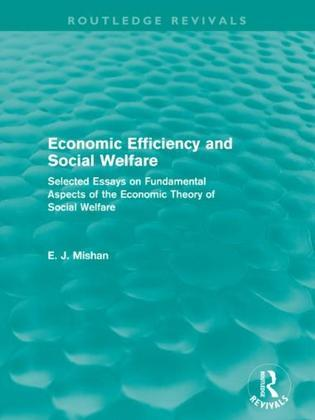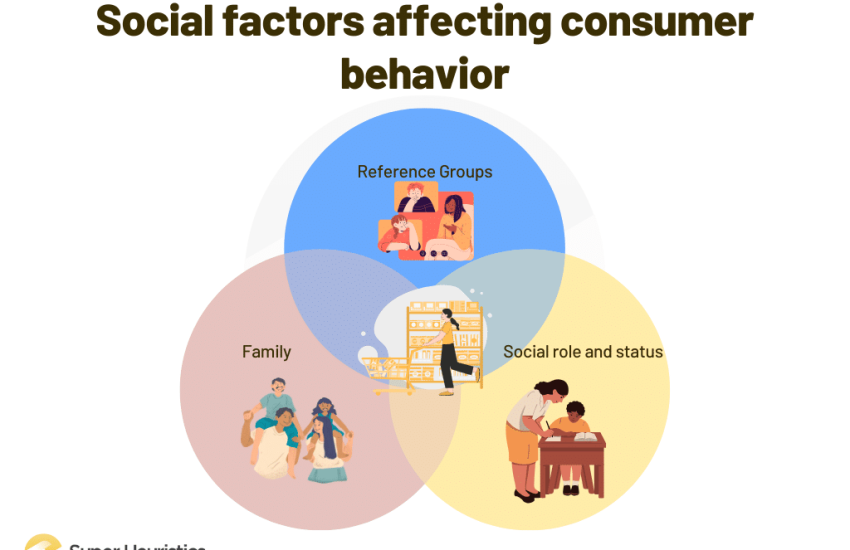How Economic Policies Shape Social Welfare
When it comes to shaping the welfare of a society, economic policies play a crucial role. These policies determine how resources are allocated, taxes are collected, and wealth is distributed. In this article, we will explore how economic policies can have a profound impact on social welfare.
Income Inequality
One of the key ways in which economic policies can influence social welfare is through their impact on income inequality. When taxes are progressive and redistributive, they can help reduce the gap between the rich and the poor. This can lead to a more equitable society where resources are more evenly distributed, providing greater opportunities for all members of the community.
Access to Education and Healthcare
Economic policies also play a significant role in determining access to essential services such as education and healthcare. Public spending on these sectors can help ensure that all members of society have access to quality education and healthcare, regardless of their socio-economic background. By investing in these areas, governments can improve the overall well-being of their citizens and reduce disparities in health and education outcomes.
Unemployment and Social Safety Nets
During economic downturns, unemployment rates can rise, leading to increased financial insecurity for many individuals and families. Economic policies that prioritize job creation and provide social safety nets such as unemployment benefits and welfare programs can help mitigate the negative impact of unemployment on social welfare. By supporting those who are most vulnerable during times of economic hardship, governments can help ensure a more resilient and equitable society.
Environmental Sustainability
Another important aspect of economic policies is their impact on environmental sustainability. As the global climate crisis continues to escalate, it is essential that governments implement policies that promote sustainable practices and reduce carbon emissions. By investing in renewable energy sources and incentivizing businesses to adopt eco-friendly practices, governments can help ensure a healthier planet for future generations and improve the overall well-being of society.
Conclusion
In conclusion, economic policies have a significant impact on social welfare. By prioritizing income equality, access to essential services, job creation, environmental sustainability, and other key areas, governments can help create a more equitable and resilient society. It is crucial for policymakers to consider the social implications of their economic decisions and strive to promote the well-being of all members of society.


